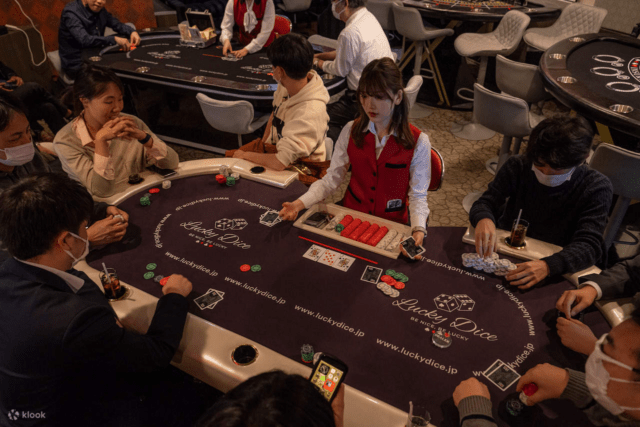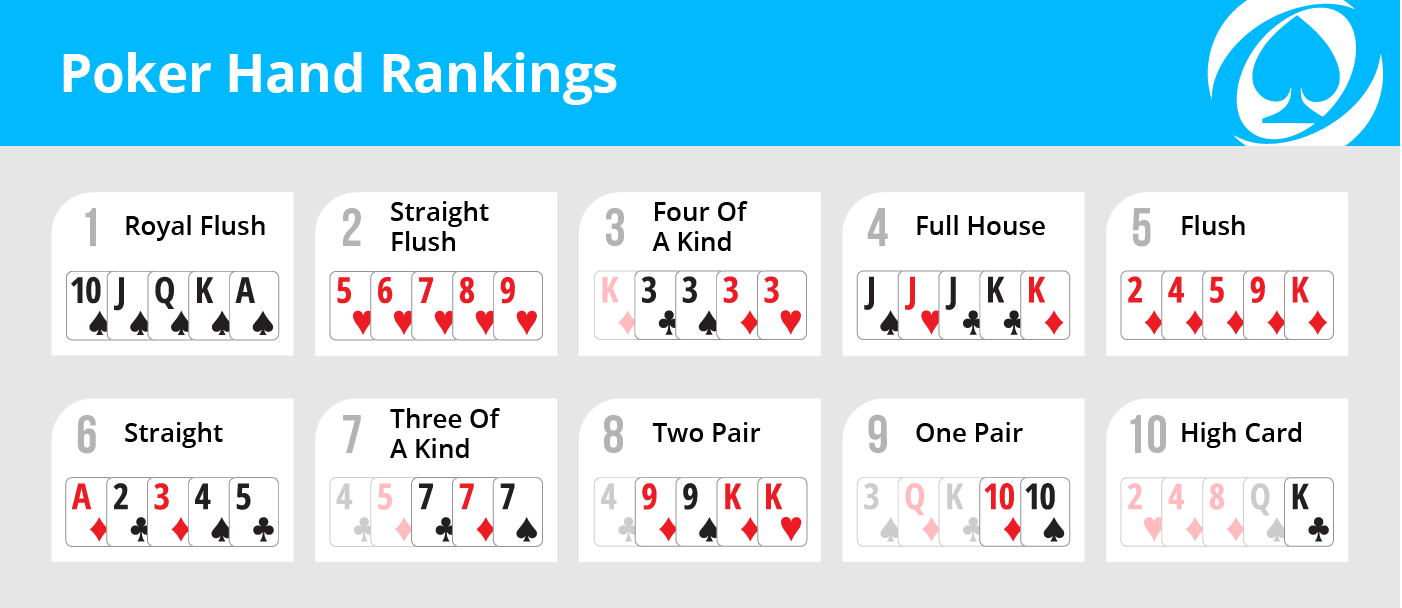
Poker, often hailed as a game of skill, strategy, and psychological prowess, has captured the hearts of enthusiasts worldwide. Beyond the allure of the cards and the chips, success in poker requires a nuanced understanding of the game’s intricacies. This article delves into the art of mastering poker and presents five indispensable tips for success that can elevate your game to new heights.
5 Simple Poker Tips for Guaranteed Success
Explore these five straightforward poker tips to pave your way to easy success in the game.
Learn the Fundamentals
Mastering poker begins with a solid understanding of its fundamentals. Familiarize yourself with the rules, hand rankings, and various poker variants. Whether you’re drawn to Texas Hold’em, Omaha, or Seven-Card Stud, a strong foundation in the basics is paramount. Take the time to learn the terminology, from blinds and ants to the flop and river. A comprehensive grasp of the game’s essentials provides a solid platform for strategic decision-making.
Develop a Disciplined Bankroll Management:
One of the hallmarks of a successful poker player is disciplined bankroll management. Set aside a specific amount of money dedicated solely to your poker endeavors. This bankroll should be an amount you can afford to lose without negatively impacting your financial stability. As you progress, resist the temptation to chase losses by exceeding your predetermined bankroll. Proper bankroll management ensures longevity in the game, allowing you to weather the inevitable ups and downs.
Understand Positional Play
Positional play is a crucial aspect of poker strategy that can significantly impact your success. Being “in position” means you are one of the last players to act in a betting round, providing you with valuable information about your opponents’ actions. Conversely, being “out of position” means you must act before your opponents, limiting your information advantage. Mastering positional play involves adapting your strategy based on your seating at the table, maximizing opportunities when in position, and minimizing risks when out of position.
Read Your Opponent
Poker is as much about psychology as it is about the cards. The ability to read your opponents and decipher their playing styles is a skill that sets exceptional players apart. Pay attention to betting patterns, body language, and the timing of decisions. Look for deviations from established habits, as these can signal changes in strategy or the strength of a hand. The art of reading opponents evolves and requires a keen observational eye and an understanding of human behavior.

Continuous Learning and Adaptation
The poker landscape is dynamic, with strategies and trends evolving. Successful players are those who embrace a mindset of continuous learning and adaptation. Stay updated on industry trends, study the strategies of successful players, and analyze your gameplay. Utilize resources such as poker literature, online forums, and coaching to refine your skills. The willingness to adapt your strategy based on new information and trends is a hallmark of a poker master.
A simple and easy-to-understand guide for poker beginners
Embark on your poker journey with ease! Our guide offers a simple and beginner-friendly approach to understanding the game, making it the perfect starting point for those new to poker.
Understand the Rules
- Hand Rankings: Poker has various versions, but they all use the same hand rankings from high to low: Royal Flush, Straight Flush, Four of a Kind, Full House, Flush, Straight, Three of a Kind, Two Pair, One Pair, High Card.

- Betting Basics: You can bet, raise, call (match the current bet), or fold (discard your hand) if you don’t want to continue.
Know Your Cards
- Hole Cards: Each player gets their private cards (hole cards) and uses them to form the best possible 5-card hand.
- Community Cards: Some cards are placed in the center of the table (community cards), and all players can use them.
Betting Rounds
- Pre-Flop: Betting before the community cards are revealed.
- Flop: The first three community cards are revealed.
- Turn: The fourth card is revealed after the flop betting round.
- River: The fifth and final card is revealed.
Basic Strategies
- Read Your Opponents: Learn to interpret facial expressions and actions to gauge the strength of their hands.
- Manage Your Bankroll: Be cautious with the amount you bet to avoid losing all your money in one round.
Practice
- Play Online or with Friends: There are many online platforms where you can play poker for free or with real money. “Kubet” is an ideal choice for you.
“Ku bet” is an ideal choice for you.
- Join Low-Stakes Tables: Start with lower betting tables to practice without risking too much money.
Track Your Progress
- Take Notes: Note how opponents play to adapt your strategy.
- Watch Videos and Read Books: Learn from skilled poker players and in-depth materials.
Stay Calm
- Keep Emotions in Check: Poker requires decisiveness, so don’t let emotions dictate your decisions.
- Remember, poker is a strategic and luck-based game. Practice and understand the rules before engaging in high-stakes games. Wishing you enjoyable and successful poker sessions!
Should I play Poker Online?
The decision to try online casinos should be based on various factors, including personal preferences, financial control, and awareness of risk. If you enjoy the gambling experience and seek excitement, online casinos can be an interesting choice. However, if you are uncomfortable with risk or reluctant to lose money, reconsidering the decision is advisable. Most importantly, it is crucial to set an entertainment budget and adhere to it, as well as to know when to stop whether winning or losing. Before participating, understanding the rules, practicing for free to get acquainted, and choosing a reliable casino with a legitimate license and safety measures are essential. Consideration of risk and rewards is also vital, along with maintaining an optimistic mindset and never losing control. Gambling should be viewed as an entertainment activity, and the decision to engage should be made carefully and responsibly. For a safe and enjoyable online poker experience, go for Ku bet. It’s a trusted platform, especially for Asian players, with a focus on Thailand.
Conclusion
Mastering the art of poker is a journey that combines knowledge, discipline, psychology, and adaptability. By immersing yourself in the fundamentals, managing your bankroll wisely, understanding positional play, reading your opponents, and committing to continuous learning, you can elevate your poker game to a level of success that transcends chance.
As you navigate the complexities of the game, remember that poker is not merely a game of cards; it’s a strategic pursuit that rewards those who can blend skill with intuition and finesse.










